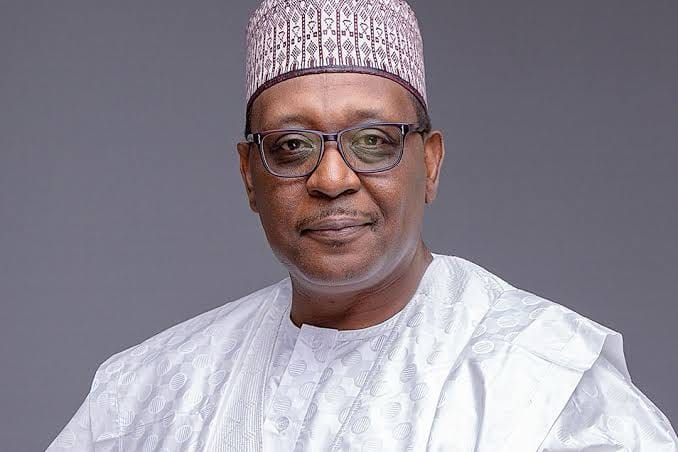Nigeria to absorb 28,000 health workers as US aid shift reshapes HIV care
The Nigerian government is set to take over the employment of 28,000 health workers previously funded by the United States Agency for International Development (USAID), according to Coordinating Minister of Health and Social Welfare, Ali Pate.

File Source: ICIR Nigeria
The Nigerian government is set to take over the employment of 28,000 health workers previously funded by the United States Agency for International Development (USAID), according to Coordinating Minister of Health and Social Welfare, Ali Pate.

Speaking in an interview on Channels Television, Pate emphasized that the government was prepared to take full ownership of the country’s healthcare sector following shifts in US policy.
The development comes in response to an executive order by former US President Donald Trump, which paused funding for HIV treatment in developing countries, affecting USAID and other foreign aid programs. The decision led to the suspension of disbursements from the President’s Emergency Plan for AIDS Relief (PEPFAR), a US-funded initiative that provides HIV treatment to more than 20 million people worldwide, including 566,000 children under 15 in Nigeria. However, a waiver approved by the US government has ensured that people living with HIV can continue accessing treatment despite the funding freeze.
In a move to strengthen domestic healthcare support, the Nigerian government recently allocated ₦4.5 billion for the procurement of HIV treatment packs to sustain care for those affected by the disease. Pate acknowledged the US government’s contributions to Nigeria’s healthcare system but stressed the need for self-reliance.
“Quality healthcare is not cheap. We, as a country, have not invested in it yet, and we are asking for the highest quality healthcare,” he said. “Domestically, we have not invested. We have, since things changed in the last 18 months, with the deliberate efforts to improve investments and allocate investments to where it matters—the foundation. Can you believe that more than 70 per cent of our drugs, we import them with foreign exchange that we don’t really have?”
Highlighting Nigeria’s reliance on imported medical supplies, Pate revealed that over 70 percent of medications and more than 99 percent of medical devices used in the country are sourced from abroad. He noted that while foreign donors contribute to healthcare funding, external aid does not make up the largest portion of the country’s health expenditure. Government spending accounts for 30 percent of healthcare costs, while private individuals cover the remaining 70 percent.
With the shift in US policy, Pate urged both federal and state governments to fill the gaps left by reduced foreign aid and reduce dependency on external funding. He reiterated that the Tinubu administration is committed to reshaping Nigeria’s healthcare system by increasing domestic investment and improving access to essential services.














